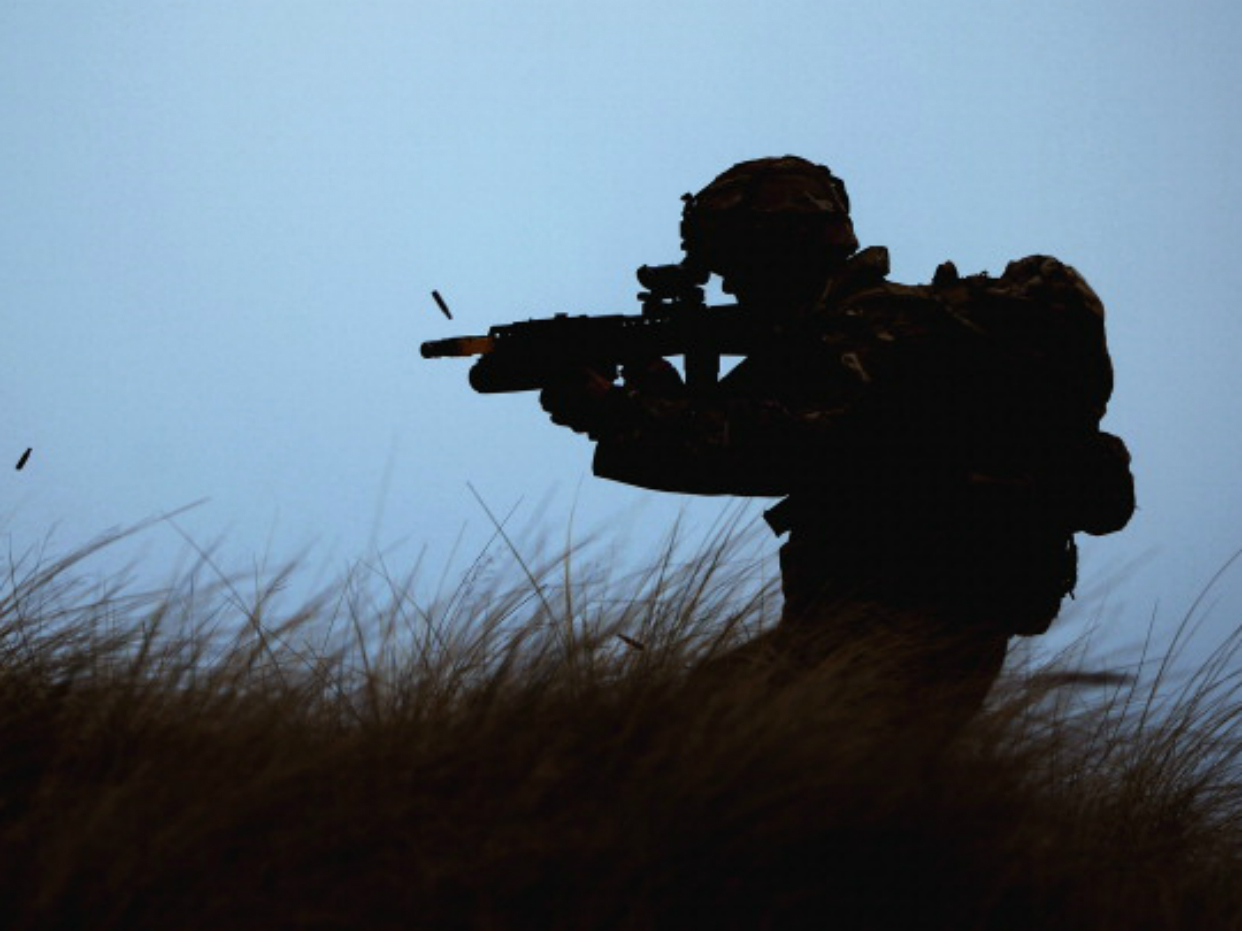Lariam: MoD under fire over anti-malaria drug
MPs' findings 'likely to be enough' for hundreds of legal cases to brought by service personnel

A free daily email with the biggest news stories of the day – and the best features from TheWeek.com
You are now subscribed
Your newsletter sign-up was successful
A government inquiry has criticised the Ministry of Defence's continuing use of a controversial anti-malaria drug given to British soldiers.
Lariam, also known as mefloquine, has been linked to a host of mental health conditions including psychosis, depression and hallucinations and should be used only as "a drug of last resort", MPs said.
Why was the inquiry launched?
The Week
Escape your echo chamber. Get the facts behind the news, plus analysis from multiple perspectives.

Sign up for The Week's Free Newsletters
From our morning news briefing to a weekly Good News Newsletter, get the best of The Week delivered directly to your inbox.
From our morning news briefing to a weekly Good News Newsletter, get the best of The Week delivered directly to your inbox.
The defence select committee began its inquiry last October following concerns over the drug's safety. The number of cases of military personnel reporting serious side-effects was "deeply disturbing", Dr Julian Lewis, the chair of the defence select committee, said in December.
"It is clear that the drug does not command the universal support of members of our armed forces," he added.
One senior British army officer told the BBC he was suffering from severe depression as a result of taking Lariam and warned of the dangers it could have in combat situations.
"[It] robs you of sleep and proper rest and goes on to affect your ability to reason and to remain objective," he said. "That's particularly important for servicemen on operations or when working in life-threatening situations."
A free daily email with the biggest news stories of the day – and the best features from TheWeek.com
What does the MoD say?
Lariam is just one of a number of anti-malarial medications given to soldiers serving overseas and the MoD insisted it is only prescribed when other medication is unsuitable and always after a full risk assessment.
"No anti-malarial treatments are without associated side-effects but it is crucial we protect our personnel from this potentially fatal disease upon deployment to affected areas," it said.
Dr Ron Behrens, who advises the ministry on tropical medicine, said the drug had been approved by Public Health England. "It would be foolish to go against scientific evidence," he added.
What impact could the inquiry's findings have?
The committee's findings "are seen as likely to be enough" for hundreds of legal cases to brought against the MoD by service personnel, says The Independent.
Philippa Tuckman, a lawyer representing a number of former personnel considering action, said lives and careers had been "absolutely ruined" by the effects of the drug.
"Those people would like an apology," she told Sky News.